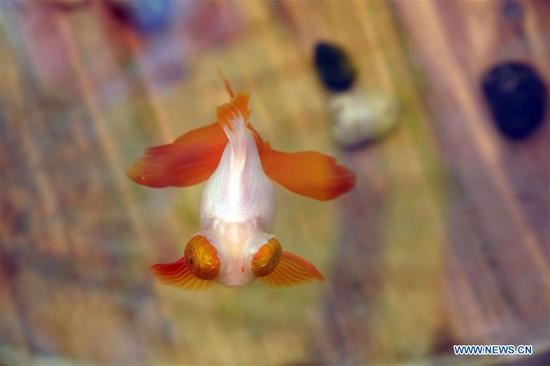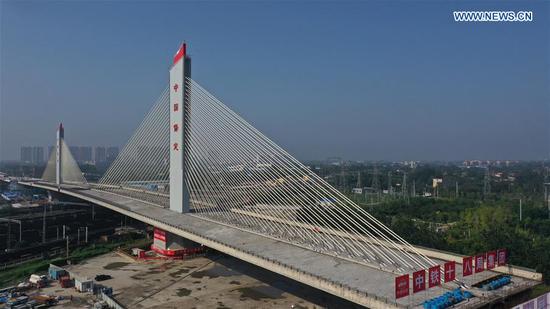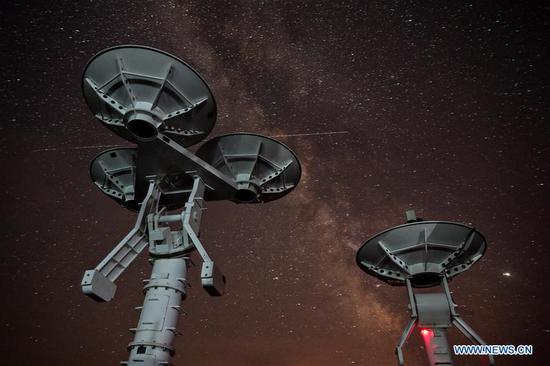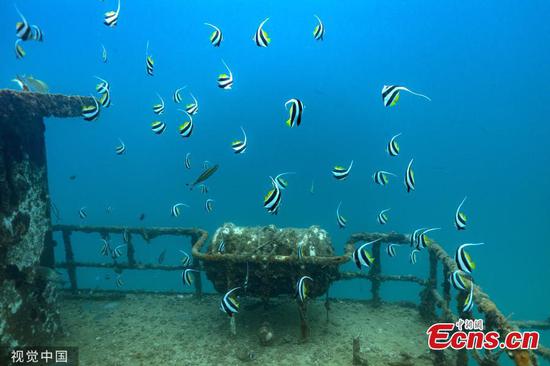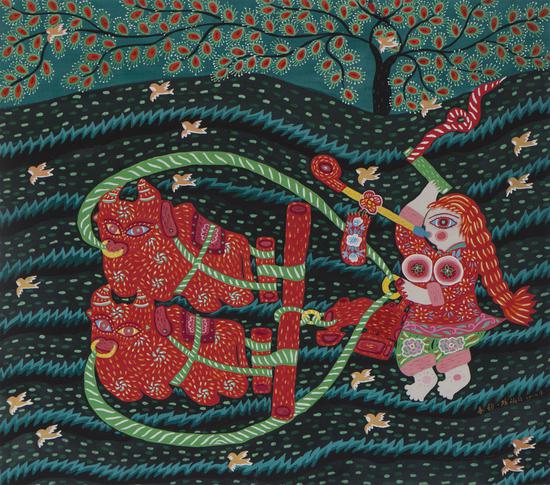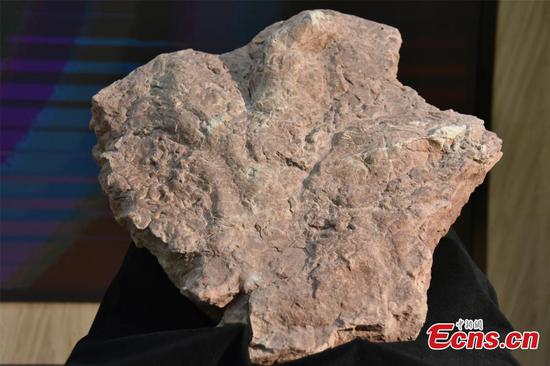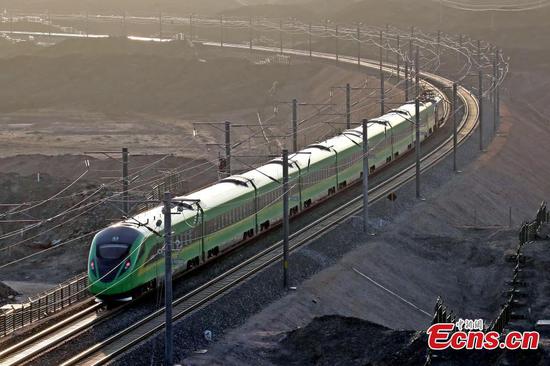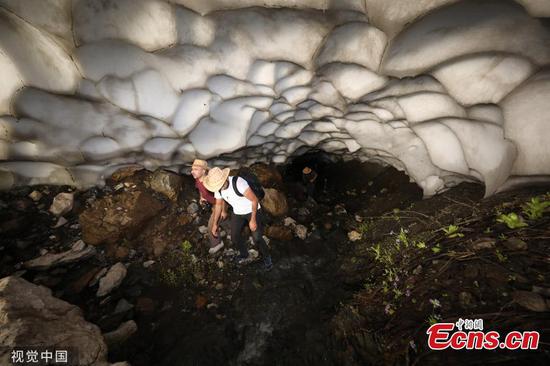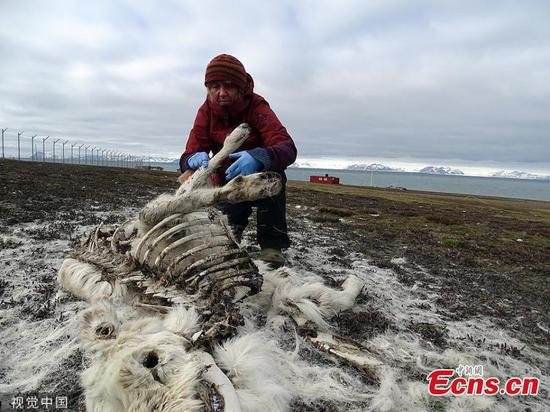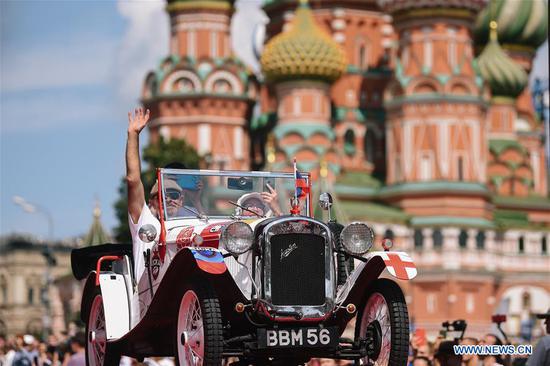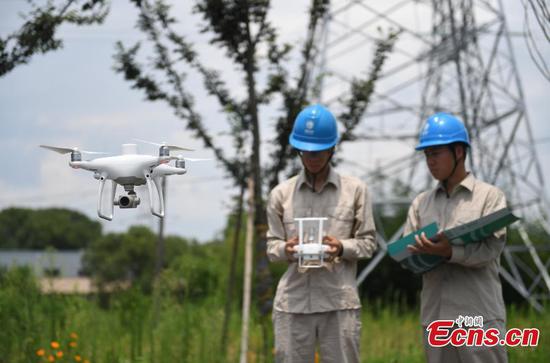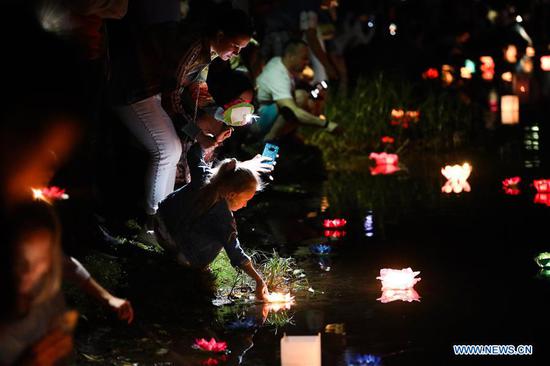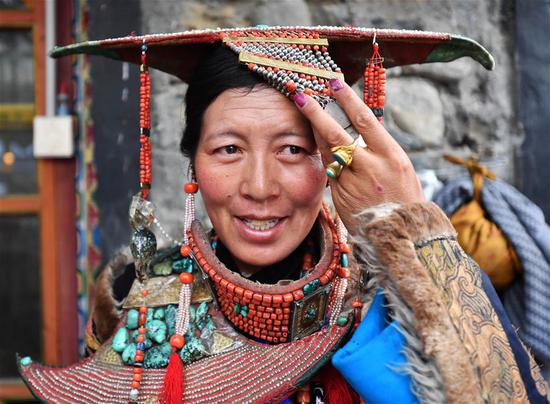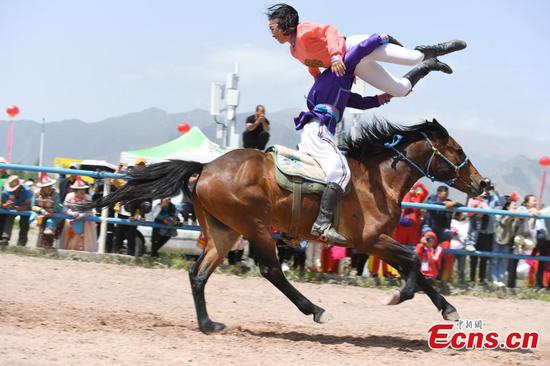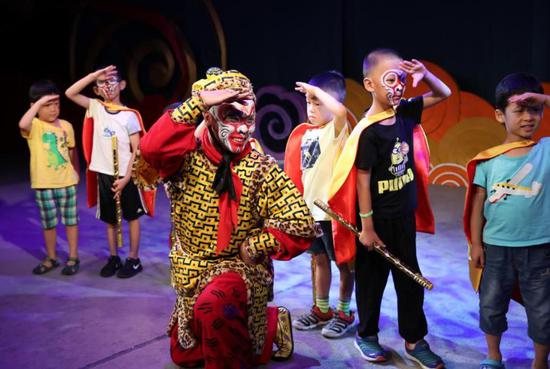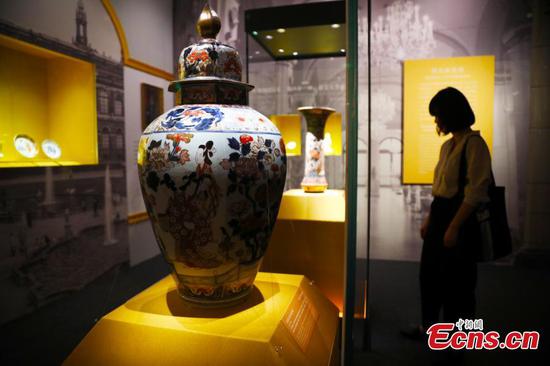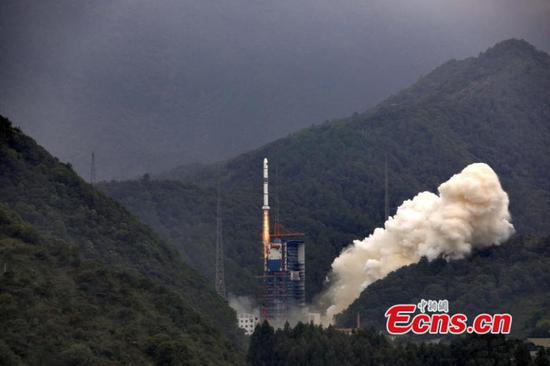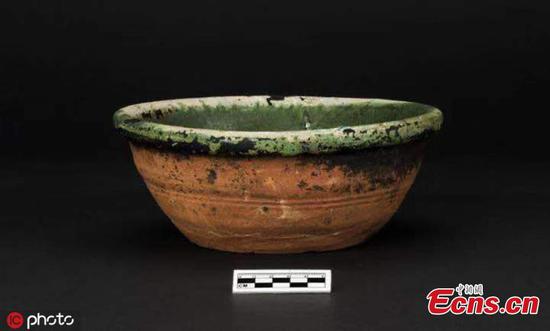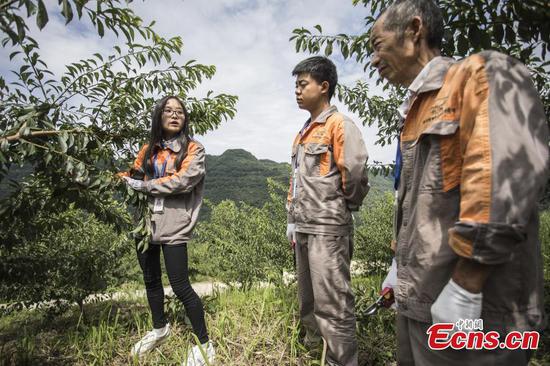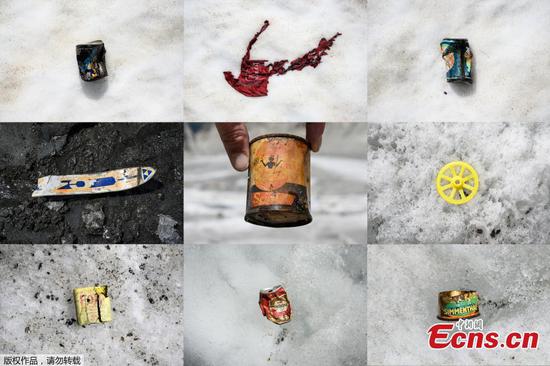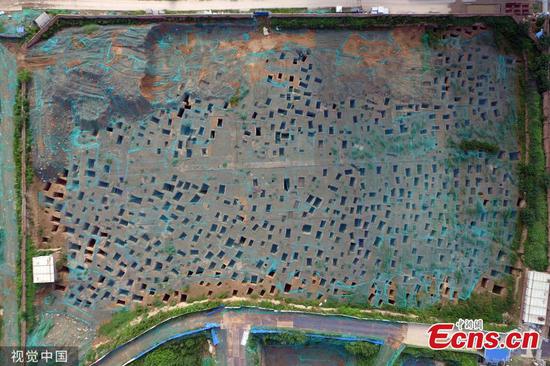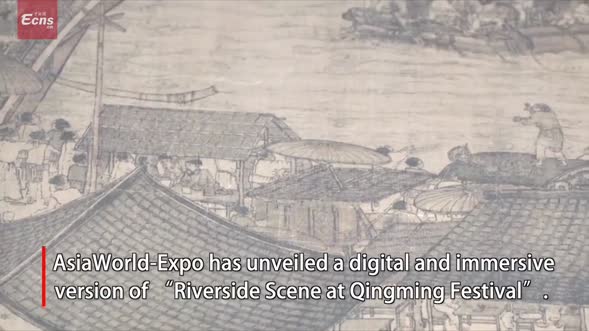After his death sentence was approved by the SPC, the Hohhot Intermediate People's Court carried out the execution in the presence of procuratorate officers, the SPC said in a statement.
Zhao's execution drew a lot of attention from the public since he claimed to be the real killer in a high-profile rape and murder for which a teenager was wrongly convicted and executed 23 years ago.
The top court said on Tuesday that though there was insufficient evidence to prove Zhao's guilt in that case, it had maintained the death penalty because his crimes - intentional homicide, rape, robbery and larceny - could still be confirmed in other cases between 1996 and 2005.
Those crimes involved the murder of six people as well as the rape of 10 women and two girls under the age of 14, according to the SPC.
Zhao, 56, raped women through force or physical restraints. His methods of killing included stabbing, strangulation and drowning. The nature of the crimes was particularly severe and cruel, and caused great social harm, the statement said, and so should be given a heavier punishment.
When he was arrested in 2005, Zhao confessed to a string of serious crimes, including a case in Hohhot in which a woman surnamed Yang was raped and murdered in 1996.
Hugjiltu, an 18-year-old ethnic Mongolian, was convicted of the crime on flimsy evidence and sentenced to death. Hugjiltu was executed just 61 days after the murder.
In 2014, that verdict was overturned, and the Inner Mongolia High People's Court declared Hugjiltu innocent, saying the facts were unclear and the evidence inadequate.
Hugjiltu's parents, who had sought a review of their son's case for almost two decades, received State compensation of more than 2 million yuan ($290,000).
The court said that the main evidence showing Zhao committed the crime was his own confession, and there were many significant contradictions between his confession and other evidence, so he couldn't be proved guilty, it said.
However, that wouldn't affect the overturning of Hugjiltu's sentence, since he was found innocent for lack of evidence, not Zhao's confession.
"We have deeply learned the lessons of the Hugjiltu case, and courts nationwide have more firmly implemented judicial principles, including conviction on evidence," the court said.










